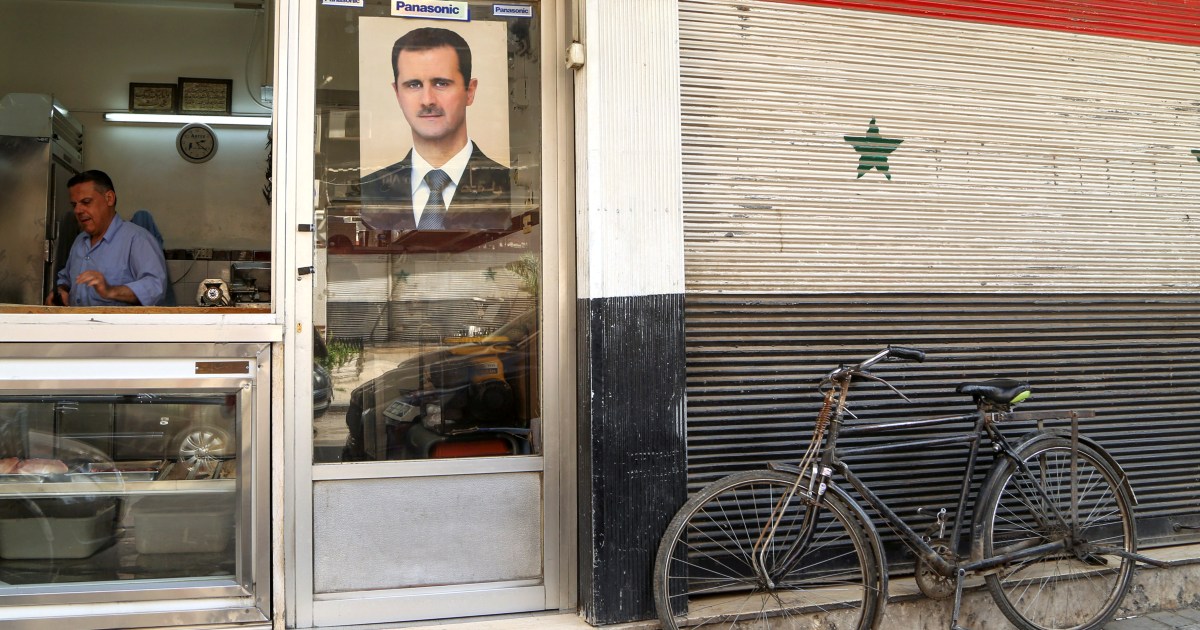On Thursday, Syrian President Bashar Al-Assad exempted Prime Minister Imad Khamis, in a step that comes in light of the exacerbation of economic difficulties following a historical collapse of the Syrian pound.
Khamis (58 years) has assumed the Prime Ministry since the summer of 2016, after he was the Minister of Electricity since 2011.
In a presidential decree, published by the official media, Assad charged Arnous with assuming the presidency of the government while continuing his duties as minister, provided that "the government will continue its work until the election of the new People's Assembly" on July 19.
The deep economic crisis in Syria has been exacerbated, as the value of the currency has fallen to unprecedented levels in the past few days, which has increased the suffering of the Syrians.
The Syrian pound fell to a record level, as it recorded a rapid free fall 3000 against the dollar earlier in the week. The lira was trading at 47 against the dollar at the beginning of the Syrian crisis.
The Syrian authorities say that Western sanctions are the cause of widespread troubles facing the population, as the collapse of the currency has led to high prices and people suffering to provide the price of food and basic needs.
The majority of Syrians today live below the poverty line, according to the United Nations, while food prices have risen by 133% since May 2019, according to the World Food Program.
"More than nine million people suffer from food insecurity at a time when food prices continue to rise and the value of the Syrian pound is declining at a record rate," Mark Cates, the deputy regional coordinator for humanitarian affairs on Syria at the United Nations, wrote in a tweet Tuesday.
A spokeswoman for the World Food Program (WFP), Jessica Lawson, told the French Press that any additional devaluation of the lira will reflect an increase in the prices of the main food items that are imported, such as rice, pasta and lentils.

